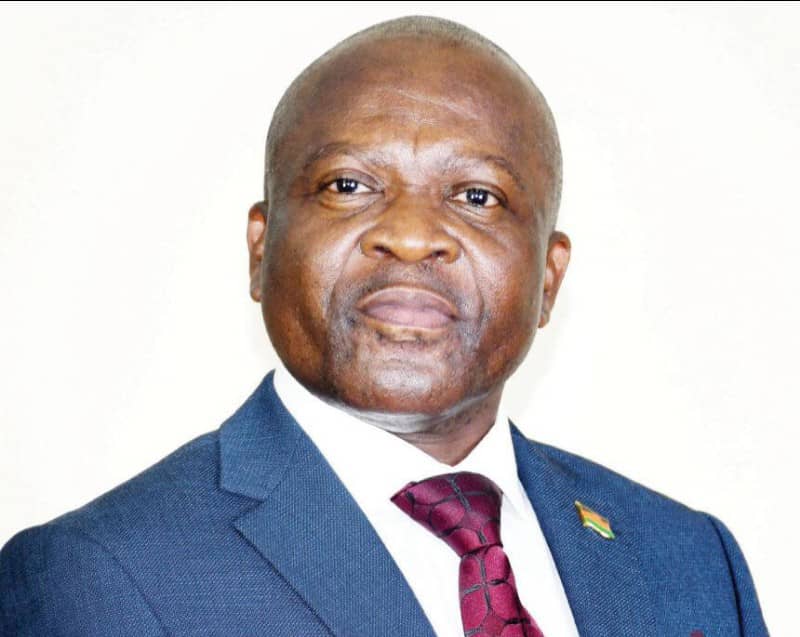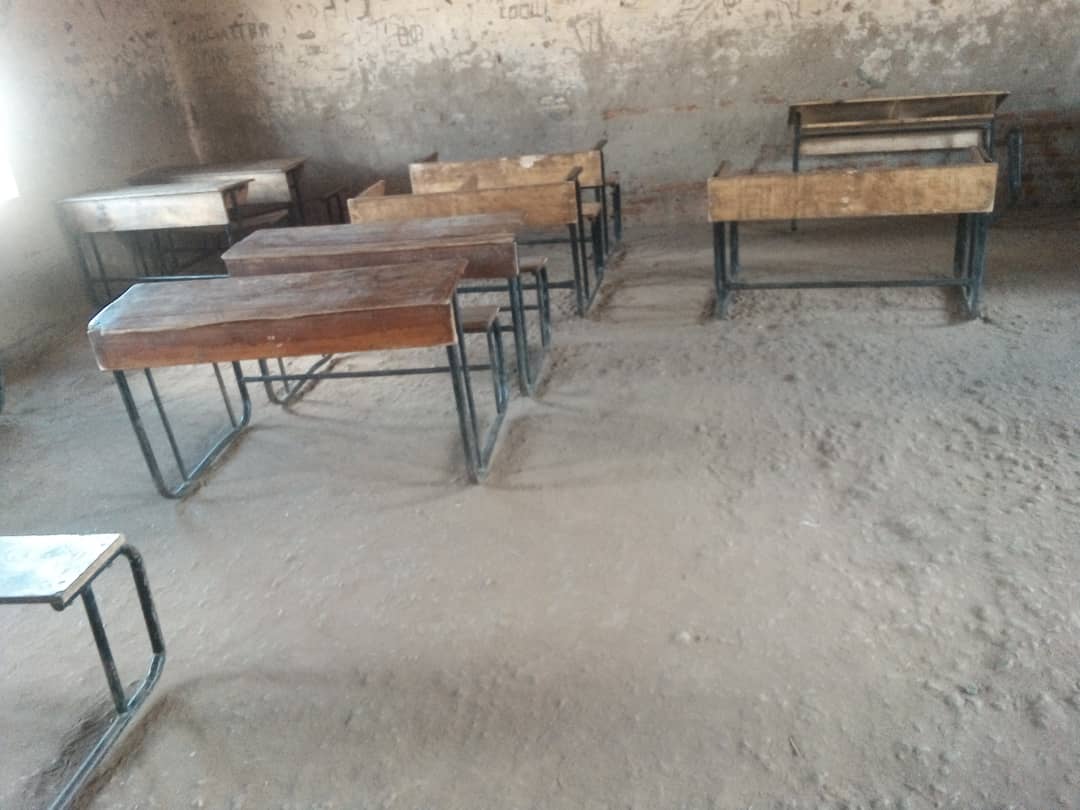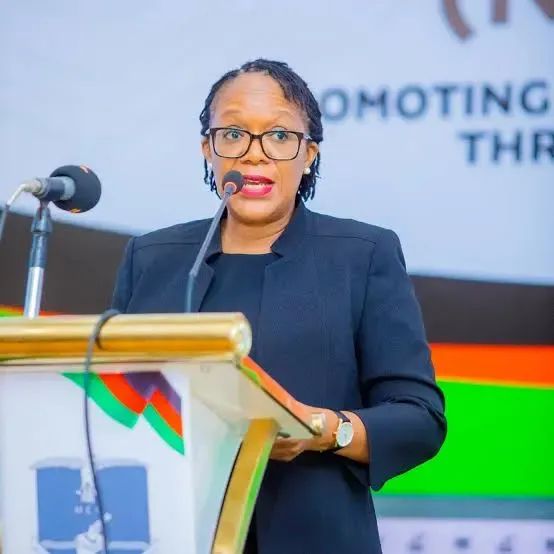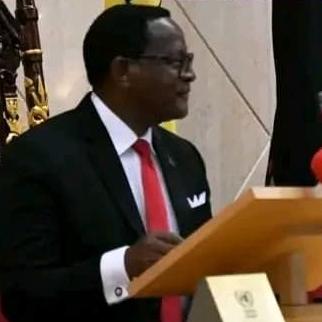By Burnett Munthali
Vice President Michael Usi has successfully obtained a High Court stay against the summons issued by the Anti-Corruption Bureau (ACB).
The development comes at a politically sensitive time as Malawi prepares for the September 16, 2025, General Elections.
The case has already sparked heated debate among citizens, political analysts, and civil society organizations.
Some view the summons as a legitimate move by the ACB to hold leaders accountable, while others see it as politically motivated interference aimed at weakening Usi’s campaign momentum.
The High Court’s decision to grant the stay provides temporary relief for the Vice President, who has been actively engaging in campaign activities across the country.
The ruling effectively shields him from immediate questioning or legal processes that might have derailed his political strategy during this critical election period.
Concluding Analysis
The case highlights the delicate balance between the fight against corruption and the political realities of an election season.
While the ACB insists on its independence and mandate, the timing of its actions often draws suspicion and accusations of bias.
The High Court’s intervention underscores the judiciary’s role in ensuring that justice is not only served but also perceived as fair and impartial.

Historical Context: The Anti-Corruption Bureau (ACB)
Since its establishment, the ACB has pursued several high-profile cases involving politicians and public officials.
The bureau has faced both praise and criticism depending on the outcome of its cases and the perceived fairness of its processes.
In Malawi’s political history, corruption allegations have frequently been wielded as both legal and political weapons.
This has made the ACB one of the most powerful yet controversial institutions in the country’s democratic governance.
Comparative cases: Political figures and ACB summonses
Vice President Usi’s situation is not unprecedented in Malawian politics.
Former presidents, cabinet ministers, and senior party officials have at different times faced similar summonses from the ACB.
In many cases, the timing of these legal actions has coincided with election cycles or internal party struggles.
Such coincidences have fueled public skepticism about whether the ACB operates free from political pressure.
Public perception and electoral implications
The court victory gives Usi breathing space to continue his campaign without the distraction of ongoing legal battles.
Supporters argue that the stay order protects democratic participation by preventing undue interference in the electoral process.
Critics, however, warn that delaying accountability risks eroding public trust in anti-corruption efforts.
How voters interpret this episode may influence Usi’s chances at the ballot box.
For some, he emerges as a victim of political machinations, while for others, he appears as a leader escaping accountability.
Conclusion
Vice President Michael Usi’s High Court stay against the ACB summons reflects the enduring tension between governance, justice, and politics in Malawi.
The case is a reminder that while institutions must uphold the rule of law, the perception of fairness remains equally important in a democracy.
As the nation edges closer to the September 2025 elections, the outcome of this matter could shape both Usi’s political fortunes and broader debates on the integrity of Malawi’s anti-corruption drive.



